- Private Volleyball Coach April
- Volleyball Techniques Fix Your Pass, Set, Serve,
- Two Volleyball Blocking Strategies:
- Learn The Volleyball Setting Definition List of Setter Words and Lingo
Learn The Volleyball Setting Definition List of Setter Words and Lingo
The overhand pass also known as the set is how the setter, usually the second player to contact the ball in a rally, gets the ball to a hitter for an attack.
The Volleyball Setting Definition Setting Terms and Vocabulary For Setters
The overhand pass also known as the set is how the setter, usually the second player to contact the ball in a rally, gets the ball to a hitter for an attack.
Find out everything you need to know about the set, setting and the setter position on ImproveYour Volley.
6 Setting Fundamentals Volleyball Setters And Liberos Need To Know
Players in the setting position need to know these six setting fundamentals that have to be included in your volleyball setting toolbox.
- -assist
- -held ball
- -lift
- -back set
- -over set
- -setter dump
Click to go to this page to read more.
Volleyball Words and Definitions For Setting Five Fast Offensive Plays
Its a setter's job to run a team's offense which means as you get better and improve your setting skills you'll have to learn how to speed up and lower the height of a ball in order to run a faster offense.
The volleyball words I describe below are a part of the common terminology that experienced setters and hitters use to communicate to each other the types of sets the hitter wants to hit or the setter wants to deliver while running the team's offensive strategy.
These 5 volleyball words and definitions define setting terms describing how setters set quicker and lower balls to hitters to create fast team offensive plays.
Click to go to this page to read more.
Volleyball Set Numbers Setting Definition For Faster First Tempo Sets
Types of Volleyball Set Numbers: Spikers Hit In A Fast Offense
The following volleyball sets are fast tempo sets that are delivered in front of the setter in Zone 3 or Zone 4 in the front row.
Fast tempo sets are the fastest paced balls delivered from the setter to the hitter in order to try and keep the opposing team's blockers off balance and unable to stop the attack hit at the net.
Click to go to this page to read more.
Setting In Volleyball
5 Words Players Use To Call Slow Offense Plays
When setting in volleyball a setter's job is to pick which sets to run that beat or outsmart the opposing team's front row blockers and back row defense so your team can score a point.
Beginner setters, usually first learn how to deliver high balls which to their hitters in order to run a slower offense before they move on to learning faster more advanced offensive strategies.
Click to go to this page to read more.
A List of Volleyball Words And Jargon For Liberos and Backrow Players
This list of volleyball words for defensive players is an extensive checklist of funny terms and words borrowed from everyday language for normal people and turned into definitions for defensive playing actions on the court that mean something completely different to players, coaches and fans.
Click to go to this page to read more.
Volleyball Setting Definition
Different Types of Volleyball Sets Spikers Hit In A Slow Offense
Third Tempo Sets
The following volleyball sets are slow tempo sets that beginner players usually learn how to hit first.
These sets are the highest and the slowest above the net giving the spiker much more time to take a spike approach that gets them to the ball in the air above the net so they can attack hit the ball into the opponent's court.
Outside Set
The outside set is delivered by the setter or another player to one of the two outside hitters, waiting to hit the ball in the left front or right front position on the court.
Four Set
A four set is a high ball shaped like the letter A, which reaches a height of 10 to 15 feet and is set outside to the left front (LF) position on the court where it should come down three feet inside the court and three feet off the net just inside of the left antenna.
Five Set
A five set is a high ball shaped like the letter A with an arc that reaches a peak anywhere from eight to ten feet that is a back set attacked from Zone 2 for the right front hitter.
This is an effective point scoring hitting strategy because it's hard for diggers to react to a ball that's been deflected by the block.
Two Set
The two set is set in front of the setter in Zone 3 which is in the middle of the net.
It's a ball set 2 - 3 feet in the air reaching a peak like the letter A and goes straight up and down about two feet in front of the setter along the net.
Volleyball Setting Definition
Where do you need to go now?
Here are three options:
- Learn more about the volleyball words, terms and terminology in the Related Links below.
- Follow the suggested reading on our Sitemap page Learning How To Play (Sitemap)
- Or visit the pages in the Terms section in the drop down menu at the top of the page.
- Improve Your Volleyball Performance with Private Volleyball Coach April Chapple ›
- Words Used In Volleyball: Basic Terms, Slang, Phrases, Jargon, Lingo ›
- Learn The Volleyball Setting Definition List of Setter Words and Lingo
- GoSports Splash Tower Water Dunk Game

- Price: $179.99
- GoSports Splash Net PRO Pool Volleyball Net - Blue

- Price: $119.99
- GoSports Splash Net PRO Pool Volleyball Net - Red

- Price: $119.99
- GoSports Pro Neoprene Pool Volleyball - 2-Pack

- Price: $29.99
- GoSports Lacrosse Floating Pool Goal Set

- Price: $49.99
- GoSports Swimming Pool Basketballs - 3-Pack - Blue

- Price: $19.99
- GoSports 12" XL Inflatable Volleyball - 3-Pack

- Price: $14.99
What Are You Looking For?



Hi there!
Thanks for stopping by. Hope you learned something today that will help you reach your volleyball goals.
Be sure to subscribe to my email newsletter so you can learn more each week!
Stay strong! Stay motivated!
-Coach April
SUSCRIBE
to my email newsletter below!

Get Christmas volleyball shopping for your favorite beach/indoor player done early this year!
Click to Shop!
Recent Articles
-
Famous Volleyball Players Olympians Beach and Indoor World Champions
Jul 27, 24 01:32 AM
Get motivated by the player profiles of famous volleyball players Logan Tom, Jaqueline Carvalho, Ekaterina Gamova, Francesca Piccinini, Saori Kimura and more. -
Volleyball Images of Outdoor Volleyball Courts Beautiful Court Photos
Jul 27, 24 01:14 AM
Beautiful volleyball images of outdoor volleyball courts around the world in various scenic environments, landscapes, cityscapes and portraits. -
Mizuno Volleyball Shoes Let's Talk About The Best Styles For Players
Jul 27, 24 01:09 AM
Mizuno volleyball shoes were for years the official shoes for the USA Men's and Women's National Volleyball Teams. Learn more about the styles the brand offers
Editor's Choice
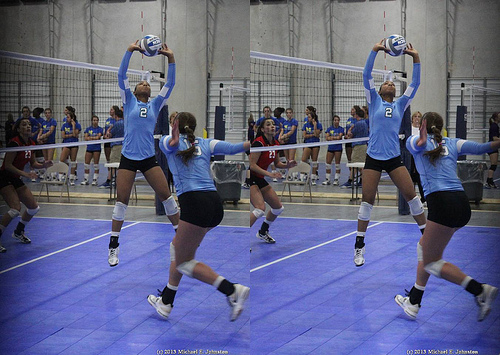
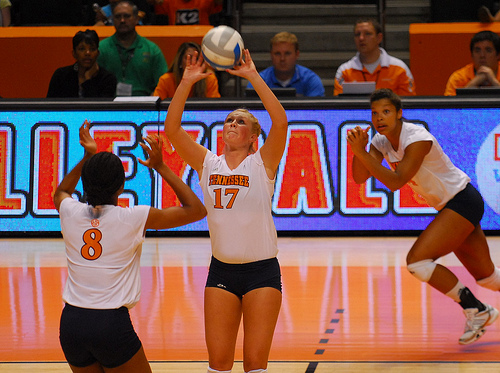


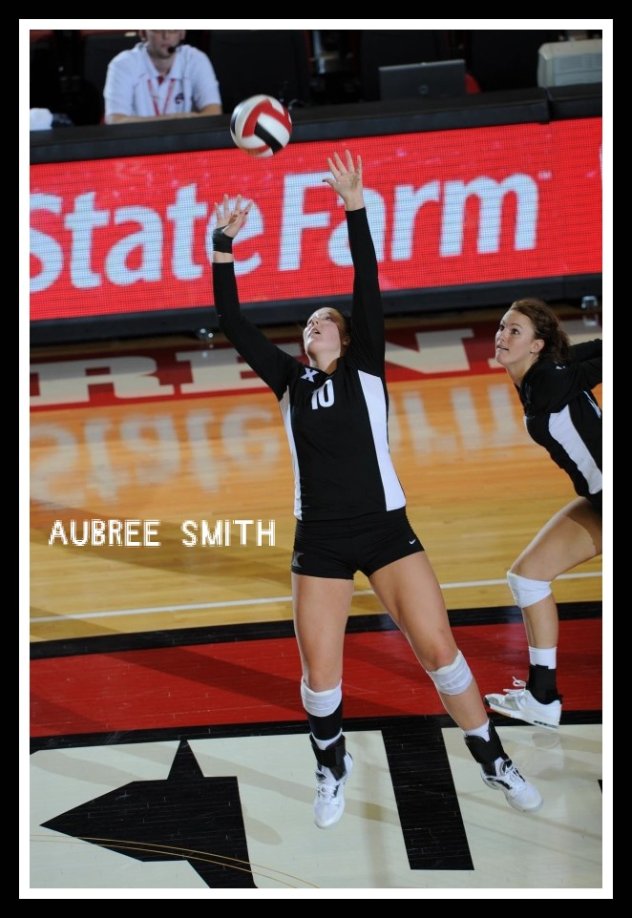
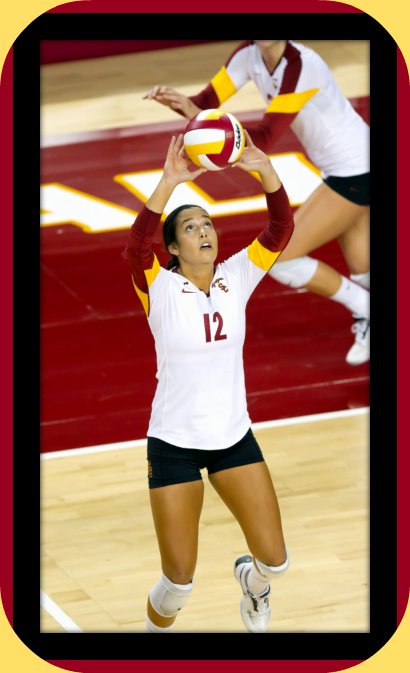
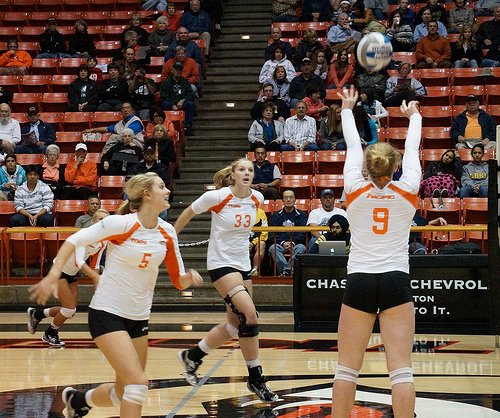
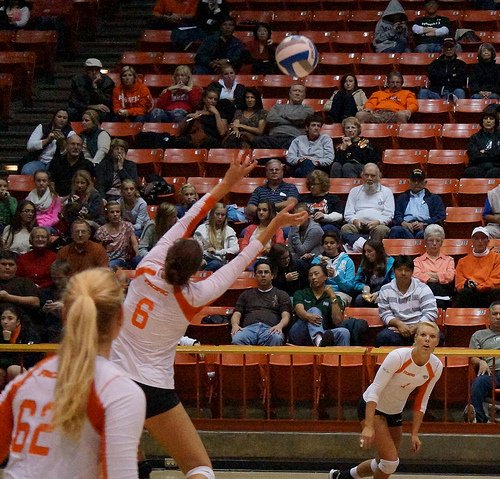
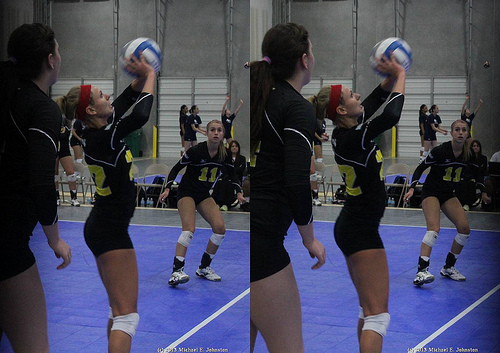
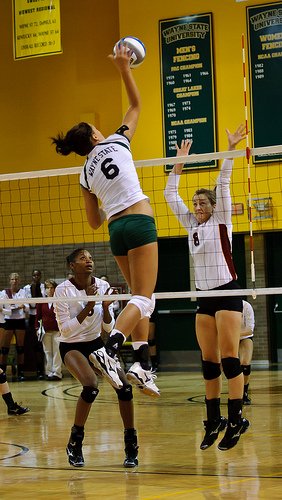



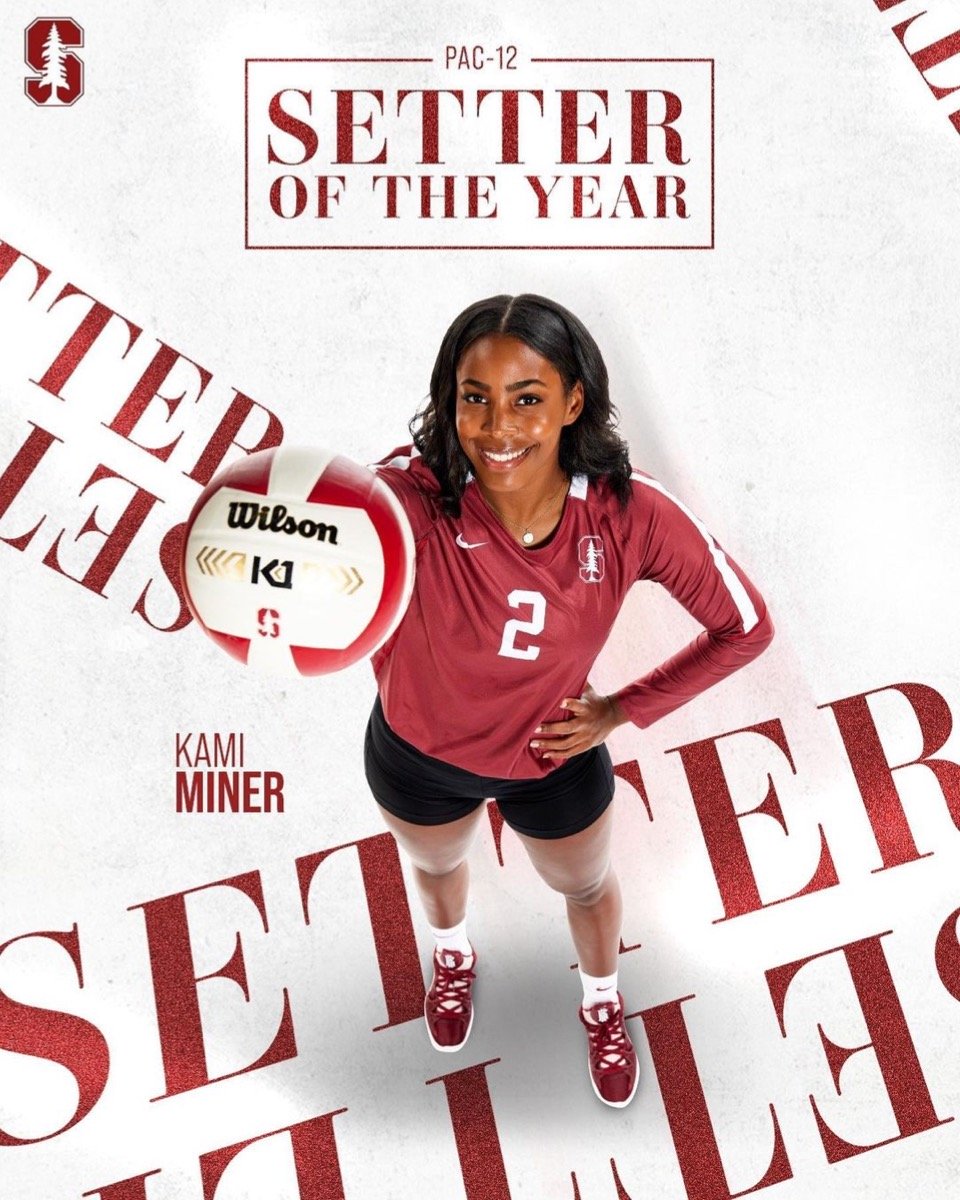




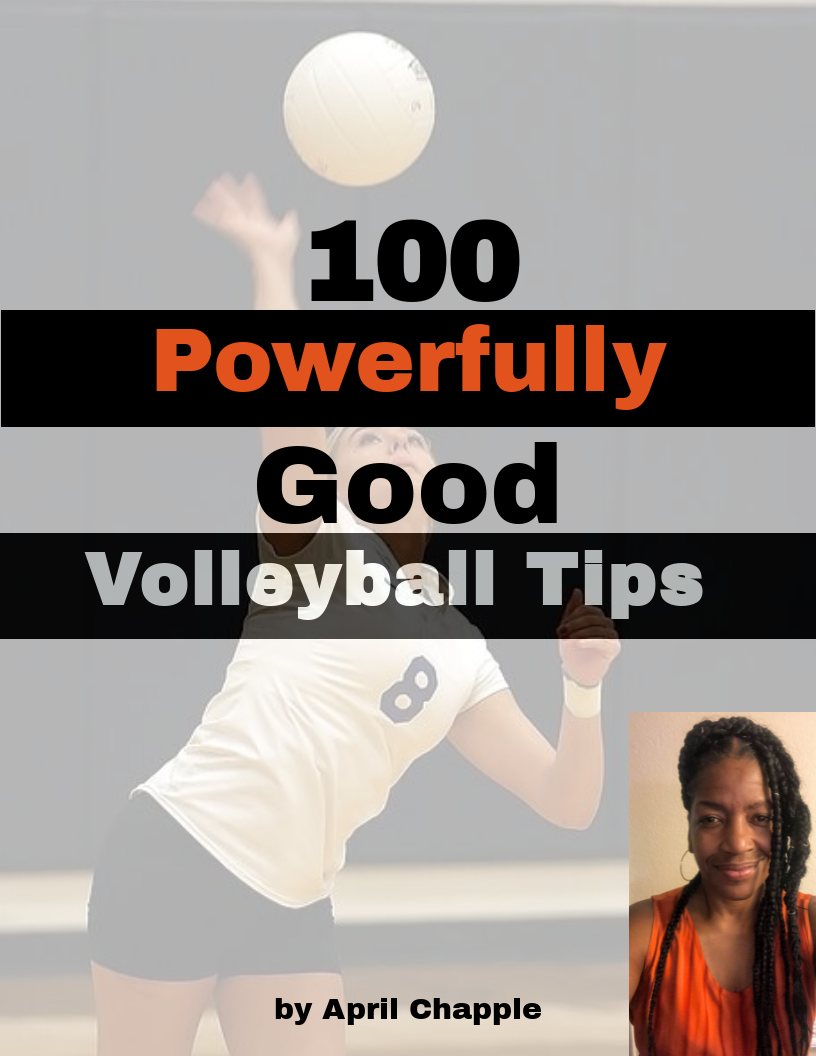



New! Comments
Have your say about what you just read! Leave me a comment in the box below.